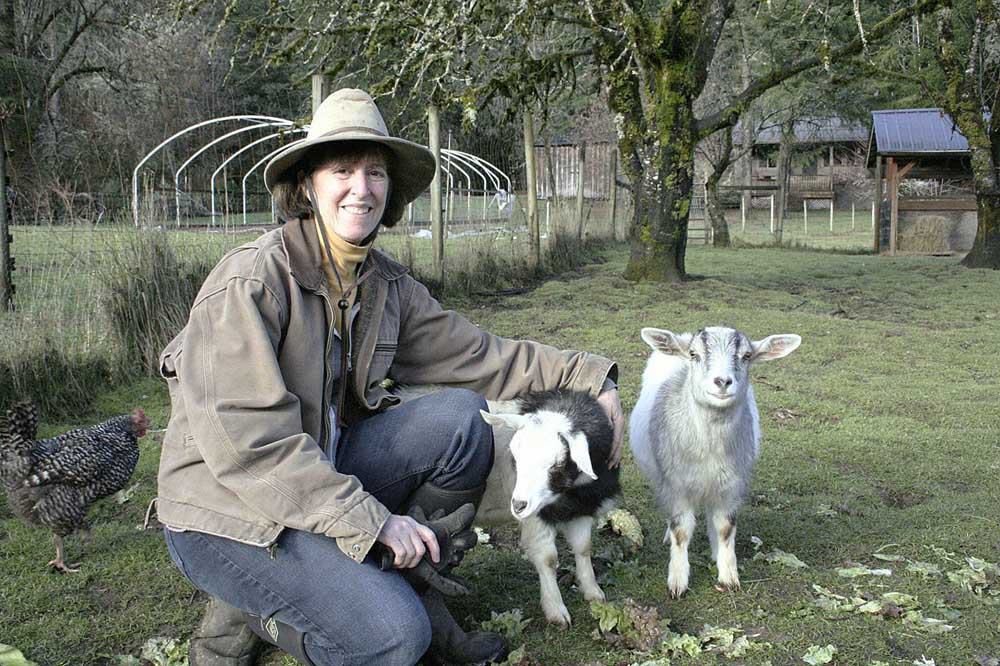Land use revisions for Oregon farms and forests approved unanimously
Published 3:15 pm Wednesday, December 11, 2024

- Scottie Jones, an Oregon sheep farmer, founded the U.S. Farm Stay Association. Jones said she's disappointed by recent regulatory updates to Oregon land use rules for farms and forests, recently enacted unanimously by the Land Conservation and Development Commission.
Updated rules for on-farm home occupations have won unanimous approval from Oregon land use regulators along with other regulatory revisions for agriculture and forestry.
Members of the state’s Land Conservation and Development Commission characterized the updated rules as helping county planners enforce land use regulations uniformly across the state.
Trending
“This makes the planners’ jobs easier. We have to remember the planners are asking for this,” said Commissioner Barbara Boyer, a farmer in Yamhill County.
However, some agritourism operators felt excluded from the rule-making process, which they believe was dominated by farmland preservation advocates.
Scottie Jones, who supplements her sheep operation with on-farm lodging near Alsea, Ore., said she was disappointed that LCDC didn’t delay the decision to seek more input from affected farmers.
“This is not an easy lifestyle and the restrictions on additional revenue options for our farms reduces the chance of the land staying in production,” said Jones, who is the founder of Farm Stay USA. “I feel we are going backwards rather than forward here.”
1000 Friends of Oregon, a farmland preservation nonprofit, appreciates that LCDC has updated its farm and forest rules but is “mystified” by the opposition to the revisions, said Blair Batson, the group’s staff attorney.
“I think it’s just because LCDC hasn’t done anything on farm and forest policy for 30 years,” she said. “I think they’re misunderstanding what the agency actually did.”
Trending
Most of the revisions consist of housekeeping measures to ensure that land use rules are aligned with legal precedents, Batson said. Such case law is effective regardless of whether it’s codified in regulations.
Ensuring that regulations conform with legal precedents is intended to make decisions easier for local governments, who may not be aware of the latest case law, according to commission members.
Local planning officials must sometimes make tough decisions that pit landowners against each other, such as when proposals for wedding venues are opposed by surrounding farmers, said Mark Bennett, a rancher from Baker County.
“We’re really going to be assisting our local colleagues with the development of this,” he said.
The rule changes did include a policy change for home occupations, as LCDC will now require such businesses to be secondary to the primary residential use of the property.
The revision is meant to prevent investors from buying rural houses in agricultural zones and using them for short-term rentals and similar uses, which critics say amounts to building hotels on farmland.
The commission’s decision also prevents on-farm home occupations from being more intensive than commercial ventures allowed under other land uses statutes.
Under the new rule, for example, making cider as a home occupation cannot exceed the “scale and scope” of the state’s specific regulations for on-farm cider manufacturing.
One proposed rule change previously contemplated by LCDC — strengthening the required connection between agriculture and “commercial activities in conjunction with farm use” — was not included in the final revisions.







